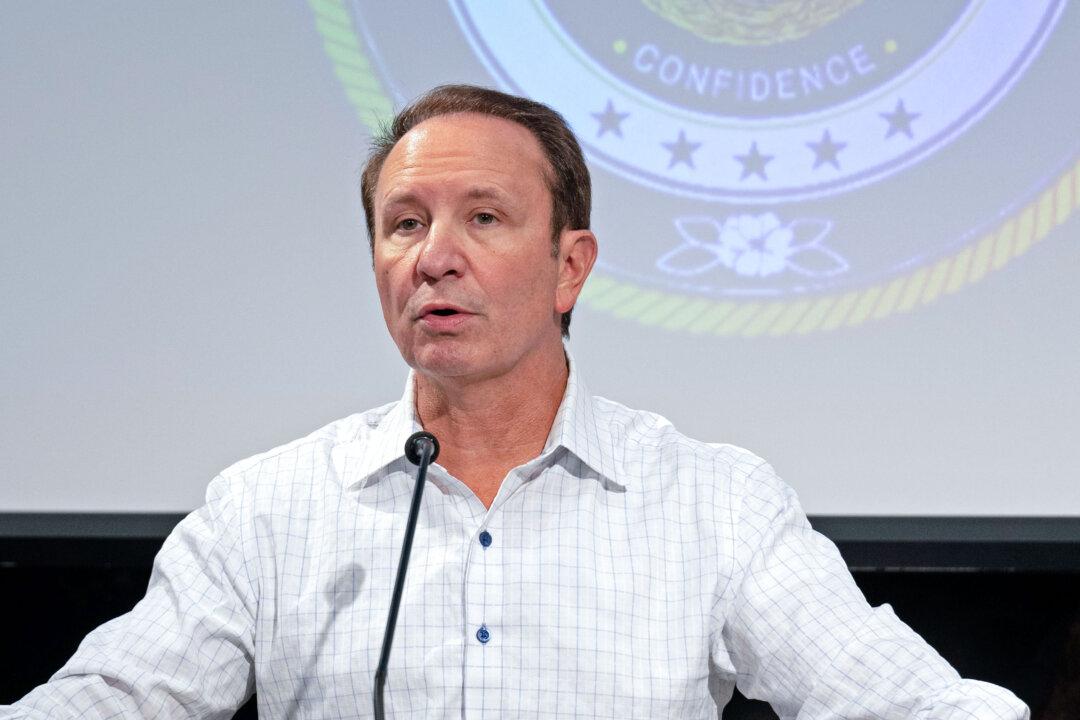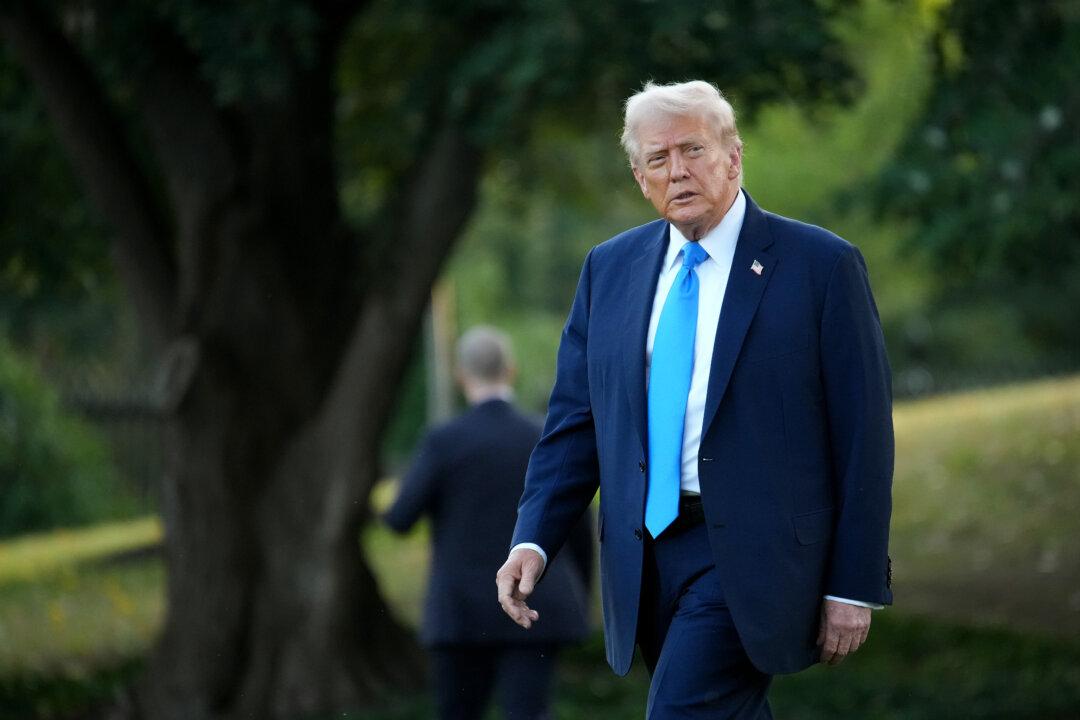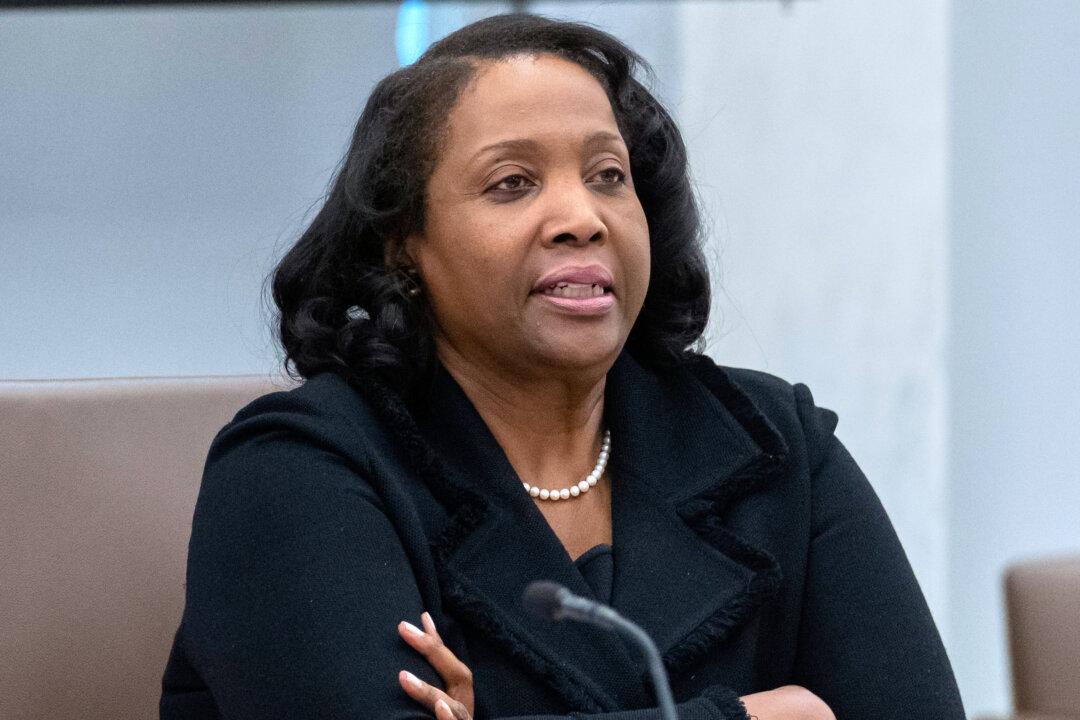Former President Donald Trump currently faces four lawsuits and investigations with potential criminal liabilities.
As the leading Republican presidential candidate for 2024, Trump has characterized these legal challenges as part of a political “witch hunt” and attempts to hurt his candidacy. Across the aisle, Trump’s critics describe the investigations as the proper application of the rule of law.





